Esther recently joined us at CG as our Food Justice Education Coordinator. CG’s Communications Coordinator — Amanda Byam — had the opportunity to meet with her and understand her passions for being involved in the community.
 What’s your job at Common Ground?
What’s your job at Common Ground?
I am the Food Justice Education Coordinator – the bridge between school and farm. I run Green Jobs Corps in the summer and the farm internship, co-teach an elective at Common Ground High School, offer experiences for guidance on Wednesdays, and co-run Cooking Club. I also work with teachers to integrate farm, experiential learning and food justice into the classroom.
What are your previous work experiences? What made CG a good next step for you?
I was an educational technologist for a college – that prepared me to work with teachers and educators on how to integrate different types of learning in experiential, thoughtful, and creative ways. I was also Campus Minister at Philadelphia University (now Jefferson University) – where I mentored students, taught them leadership and life skills, and critical thinking skills – it was a “catch all” kind of position.
After that, I was in grad school for the last 3 years, getting my Master’s of Divinity. I worked at the Farminary – a seminary farm – where I took classes out at the farm, worked at the farm and coordinated volunteer days, and helped professors integrate the farm into the classroom. I also ran their Instagram. My favorite time there was when I processed amaranth seeds as an ancient grain and took care of the goats. It’s very connected to what I do here at CG!
Going back to school – especially after COVID – helped me reconnect with my body, the land, and growing things. I also worked at Eloheh, an indigenous farm in Oregon. My spiritual experience with the land solidified that I wanted to do work with my body on a day-to-day level. There, I connected with herbalism and was interested in how the land heals us and how we can heal each other. I actually currently run their Instagram as well.
What part of CG made you come here? What motivates you to work here?
I get to do something different every day, work with my body, be on a farm, and work with young people and teach. I thought, “Oh, this is perfect!” Everyone that knows me thinks this is perfect for me. I care a lot about justice and, in my campus ministry job, we connected with each other through sharing the foods of our cultures and cooking together.
What makes you want to work in an environment with young people/young adults?
I think young people are our future. I want to know what they’re thinking and experiencing as young people in this day and age. I love knowing what’s trendy right now. And I find it really interesting how generations have these core differences and how big things like COVID shape their lives in a certain way. So I’m both excited and a little nervous – but I do like it. They’re not like college students, but I’m getting used to working with high schoolers. They’re sweet, interesting, and there’s lots to love. They are the future leaders of the world.
What’s your approach to working with young people?
I think I go between a relational counselor type person and teacher – I want people to reflect and become self-aware and think critically. I want to know about their family and sibling dynamics, know what they like and what they’re passionate about, and connect with them on that level.
What’s your approach to farming and food justice?
From the healing perspective, learning to understand – understanding across so many barriers – can happen with food and sitting at a table and having conversations. It can be a vulnerable experience; I think more than people realize. It’s connected to our family, culture, and our memories. I appreciate what it’s like to help someone who’s new to a certain food, finding out what they’re afraid of and sharing that.
What life experiences made you want to work in food justice education?
One is growing up and visiting my grandma who lived in a smaller city in Worcester, Massachusetts. She had a giant jungle of a garden in her front lawn. She would take things from there and cook it and have us eat it. I admired her for being good at sewing, gardening, and so much more. I think she felt ashamed of not being as educated. Meanwhile, I admired her for all these different things. She informed my value in that.
I also felt like I was always introducing people to new food in my culture – like bubble tea is part of Taiwanese culture. Sharing food became a great way to connect, and seeing how food connects. For example, we all have a dumpling, we all have something wrapped in some kind of leaf.
What’s one change you’d like to see at CG, and why?
I don’t know if I’ve been here long enough to know. I would love to know that students think people really care about them and that they belong. I also hope everyone, including staff, composts at least once before they leave this place. I am trying to get more compost bins in the MPR and more areas around campus.
What do you want students and families to know about you as a person?
One of my dreams is to start a business where I do spiritual direction in the garden – where we process herbs and tinctures in salves, where it addresses their different needs and what they’re going through. I’m also interested in spiritual organizing – like going into people’s closets and helping people grieve and let go of the things they’re holding on to.

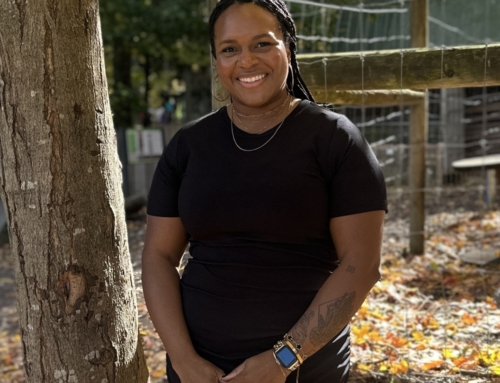
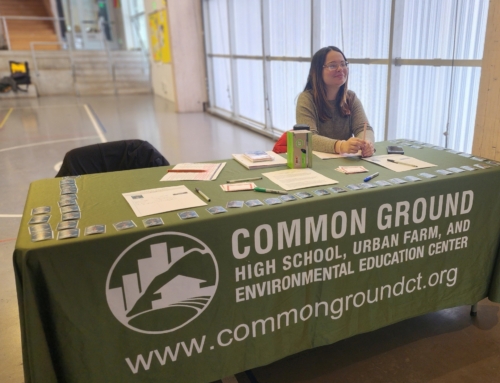
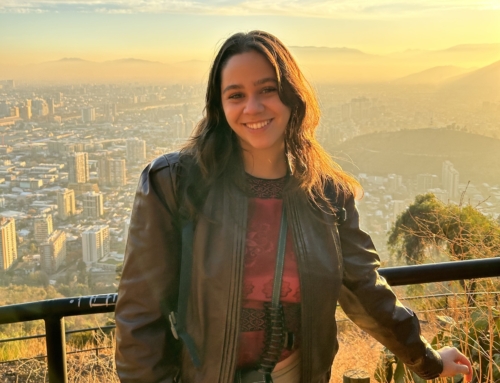
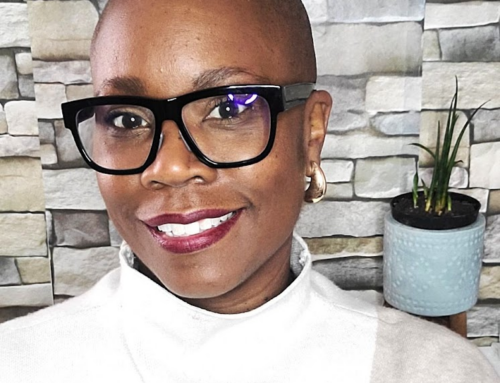
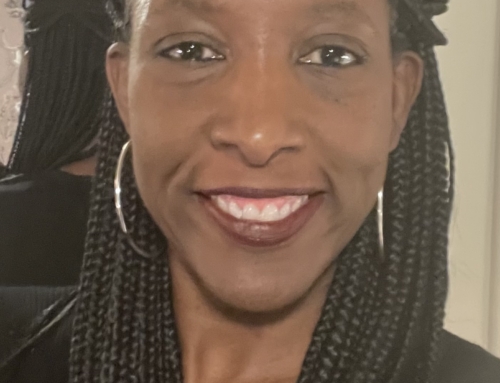
Leave A Comment